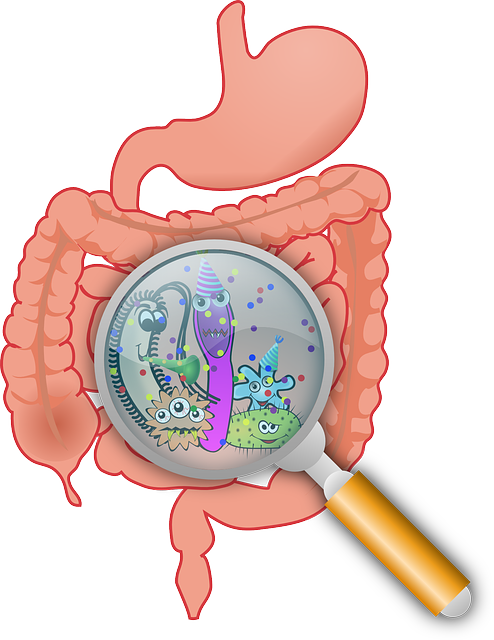
More than 40 million Americans take statins, the most common type of prescription drug. While statins have been shown to effectively lower cholesterol levels and reduce the risks of stroke and heart attack, they do not work the same for everyone, and side effects of statin use include an increased risk of developing type 2 diabetes.
Researchers from the Institute for Systems Biology have shown that different patient responses to statins can be explained by the variation in the human microbiome. The findings were published today in the journal Med and offer promising avenues for optimizing precision statin treatments for individual patients.
The research team found that the composition and diversity of the gut microbiome is predictive of the efficacy of statins and the magnitude of negative side effects.
"Specifically, we found that a Bacteroides enriched microbiome with lower levels of diversity was associated with the strongest LDL-lowering response to statins, but also coincided with the greatest disruption to blood glucose levels," said Dr. Tomasz Wilmanski, lead author of the study.
Read more...







